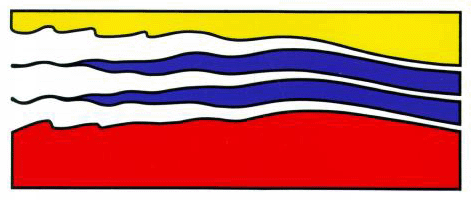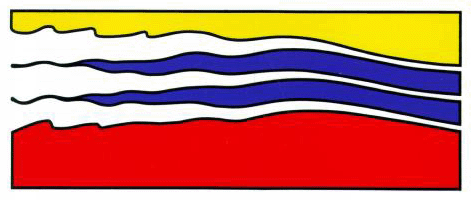
4111 Monarch Way, 3rd Floor
Old Dominion University
Norfolk, VA 23508
757-683-4940


It has been hypothesized that coastal plant communities will
move landward as sea level rises. In the Chesapeake Bay this process is
non-linear. Shoreline retreat leads not only to the loss of marshes but
also the loss of adjacent seagrasses. Additionally, the shoreline
hardening, also a result of sea level rise, has indirect and negative
effects on seagrasses. So, are seagrasses in Chesapeake doomed? Not
quite. As long as there is sand (and light), seagrasses will continue
to colonize the bottom of Bay!
In her early years studying Oceanography in southern Brazil, Dr. Koch realized the importance of interdisciplinary research. After completing her degree in Biological Oceanography with a minor in Geological Oceanography in Brazil, Dr. Koch moved to the USA to pursue M.S. and Ph.D. degrees at the University of South Florida. There she had the opportunity to be among the pioneers in the study of hydrodynamically-mediated processes in seagrass beds. In 1995, Dr. Koch joined Horn Point Laboratory at the University of Maryland Center for Environmental Science where she continues to work on interdisciplinary aspects of seagrass ecology as well as impacts of globacl change on coastal plant communities.

|
Innovation Research Park Building I 4111 Monarch Way, 3rd Floor Old Dominion University Norfolk, VA 23508 757-683-4940 |

|